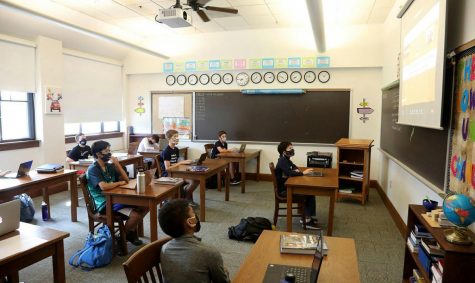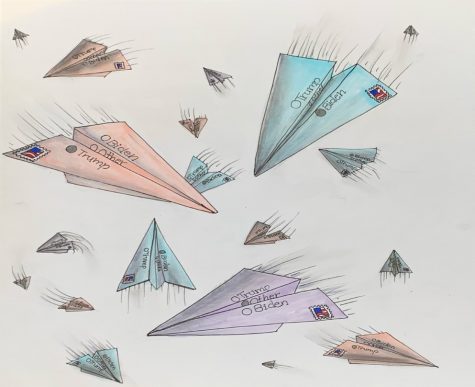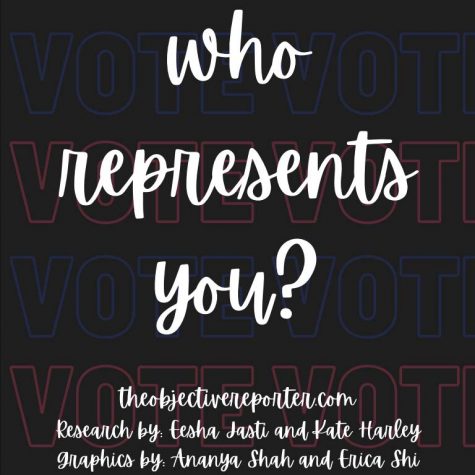Kurdish and Catalonian Independence Referendums
November 28, 2017
On September 25, the Iraqi Kurdistan Regional Government (KRG) held an independence referendum in which 93% of voters voted for Kurdish independence. On October 1, the Catalonian Regional Government (CRG) held a similar referendum in which 89% of voters supported independence from Spain. These referendums have since caused upheaval and uncertainty in regions that have already felt a separation from their official national governments.
The Kurdish referendum held in late September is interesting due to the events that have led up to it. Since the fall of the Ottoman Empire, the Kurds, a strictly ethnic group in the area, were divided among the various states that now control the Middle East. These states include Iraq, Turkey, Iran and Syria, which are all opposed to Kurdish independence from any state. In recent years, especially since the Arab Spring, Kurds across the Middle East have slowly been breaking away from their national governments.
The Kurdish region would be heavily reliant on the production of oil in the event of independence. This oil, however, is the main reason that Iraq is resisting Kurdistan’s independence.
The Kurdistan Regional Government (KRG) was established in 1992 during the regime of Saddam Hussein and has gained more influence in the region since its semi-autonomous status was included in Iraq’s constitution.
Officially, it controls parts of the Iraqi provinces of Duhok, Erbil, Sulaimaniya and Halabja. The current government, run by President Masoud Barzani, who has stated that this referendum is non-binding, has been criticized by other members of the KRG for using the referendum as an opportunity to consolidate power.
Despite the support shown in the polls, outside election overseers noted that there were some fraudulent voting practices during the election.
Like the Kurdish referendum, Catalonia’s referendum has been long in the making. Catalonia was originally an independent kingdom but was defeated in the Spanish Wars of Succession, thus making it a part of modern Spain. The people of Catalonia speak their own language and have long felt disconnected with the Spanish government. In recent years, independence has become more attainable because Catalonia has become wealthier than the rest of Spain due to Barcelona’s attractive economic market for big Spanish companies. Despite this development, as one citizen put it, “We all voted and ratified the Spanish Constitution in 1978. They can’t change their minds now.”
Both the Catalonian and the Kurdish referendums have already been met with political and military responses.
Following the referendum, Iraqi military forces entered the area controlled by the KRG and occupied it. In addition, Iraq and Turkey announced they would partake in joint military exercises over Kurdish airspace. Iran announced that it would also partake similar activities near its own Kurdish area.
The United Nations Secretary General has stated that he, “respects the sovereignty, territorial integrity and unity of Iraq,” and that the vote would have “potentially destabilizing effects.” The United States plays a tough balancing act on the issue of Kurdish independence, because on the one hand it does not want to anger Turkey by supporting the Kurds as it is one of the US’ greatest allies in the Middle East.
On the other hand, as one JBS parent and former US Army officer Grant Doty said, “The US has found that the Kurdish military, the peshmerga, are some of the greatest fighters and are crucial to the fight against ISIS.”
During the voting in Catalonia, Spanish National Police cracked down on polling places and protesters in favor of independence. However, many regional police officers and firefighters disobeyed orders and let the protests continue, with some even protecting protesters from the national police.
This crackdown has resulted in doubts about the vote’s legitimacy, as many voters were intimidated and many votes were destroyed by police. Several companies based in Catalonia have stated that due to the uncertainty of independence, they would move back to Spain. In Spanish student Cassie Berns’ ‘19 opinion, “While Catalonia should be able to decide whether or not they are going to be independent from Spain, it would be in their best economic interest to remain [a part of Spain].”
These referendums, that are listed above, regardless of their results, have already greatly intensified tensions in these regions and will most likely have lasting effects in the years to come. If dedicated supporters are able to overcome the large hurdles of leaving their countries, cartographers might have to make some new additions to their maps soon.








